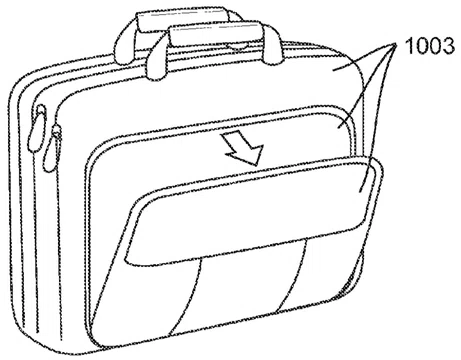Last week, Judge Andrews addressed a serious of motions in limine in Astrazeneca AB v. Zydus Pharms. (USA) Inc., C.A. No. 18-664-RGA (D. Del.). These rulings are often interesting; here, Judge Andrews excluded some former expert testimony as hearsay, rejecting the idea that the testimony was a party admission:
Defendant seeks to exclude testimony and evidence that relate to positions it and its experts took in relation to the patent-in-suit (as prior art) in District of New Jersey litigation involving other patents. . . . The evidence, which is described as trial transcripts, expert reports, invalidity contentions, proposed findings of fact and conclusions of law, and “support documents” (consisting altogether of about fourteen proposed exhibits) is …




